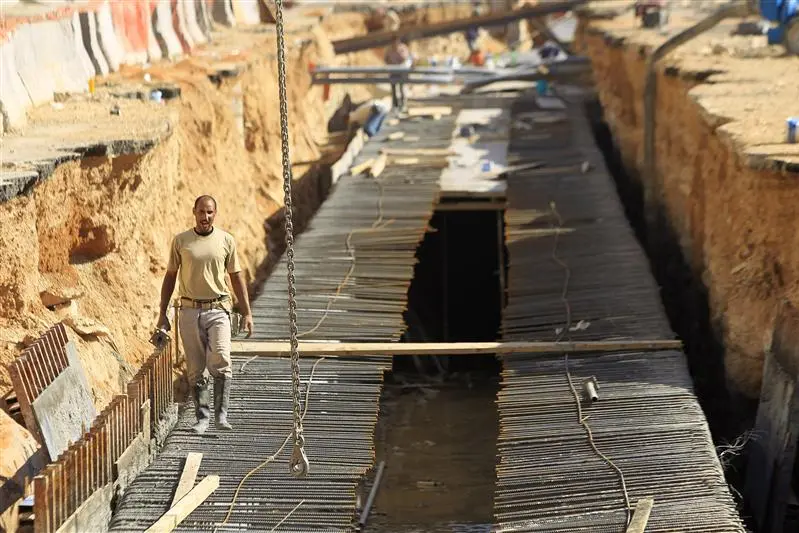PHOTO
(Recasts with details, analysis)
By Katie Paul and Andrew Torchia
DUBAI, Nov 23 (Reuters) - Saudi Arabia's cabinet said on Monday it would impose an annual 2.5 percent fee on undeveloped urban land designated for residential or commercial use, a major step in addressing a shortage of affordable housing and developing the tax system.
The tax will be imposed as a percentage of the land's value, reflecting an earlier recommendation of the kingdom's advisory Shura Council, according to a statement carried by state media.
Much urban land in the world's top oil exporting country is owned by wealthy individuals or companies that have tended to hold or trade it for speculative profits rather than developing it for housing. In 2013, the Housing Ministry estimated empty plots made up around 40 percent of the capital city Riyadh, local media reported.
By changing the economics of holding empty land, the fee may make more space available for real estate developers and boost tax collection in a country where state finances are being strained by low oil prices.
"This will have a positive impact in encouraging more development. It is positive for the real estate industry and thus for the construction sector," said Rani Majzoub, head of real estate at consultants KPMG in Riyadh.
Land prices in Saudi cities will correct in line with their fair values, though this will not necessarily mean any broad drop in prices, he added.
Majzoub said the fee, announced after a cabinet meeting chaired by King Salman, could raise billions of dollars a year for the government, though it was not possible to make an accurate estimate at present because details of how the tax would be applied were not yet known.
With oil prices below $50 a barrel, the government is running an annual budget deficit estimated by the International Monetary Fund at well over $100 billion; the land tax will not by itself come close to covering that deficit. But it is a major step towards increasing the government's non-oil revenues.
Regulators will announce procedures to determine the values of land and the time frame for imposing the fee at a later date, the cabinet's statement said, adding that the system would be introduced "gradually" to ensure its fairness.
The Housing Ministry will issue regulations within 180 days of the cabinet decision's publication in the government's official gazette, it said.
The money will be collected in an account at the central bank and used to fund housing projects and other public services, it added.
((Katie.Paul@thomsonreuters.com;))
Keywords: SAUDI TAX/





















